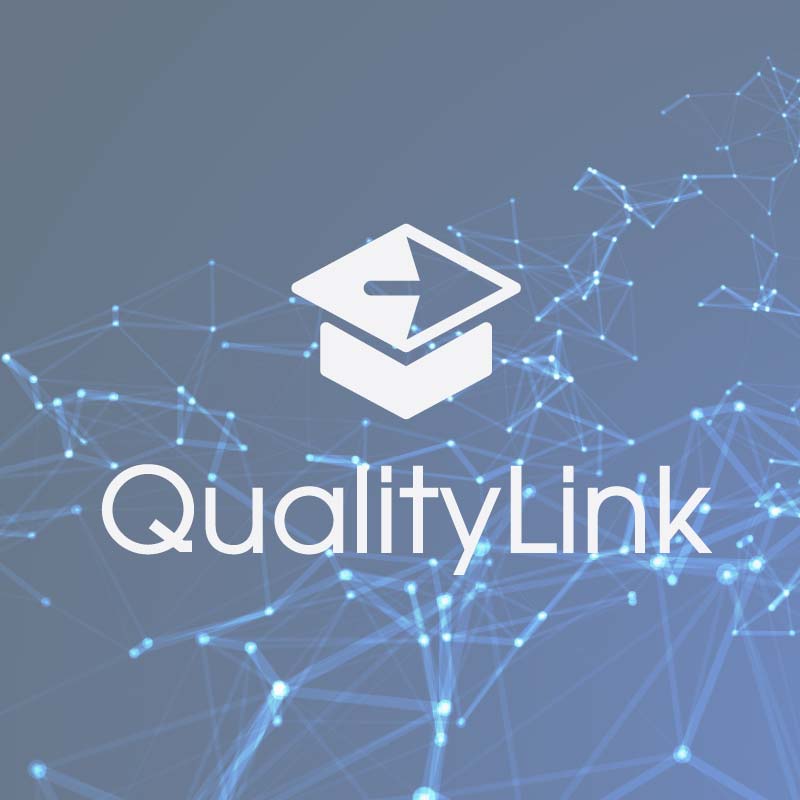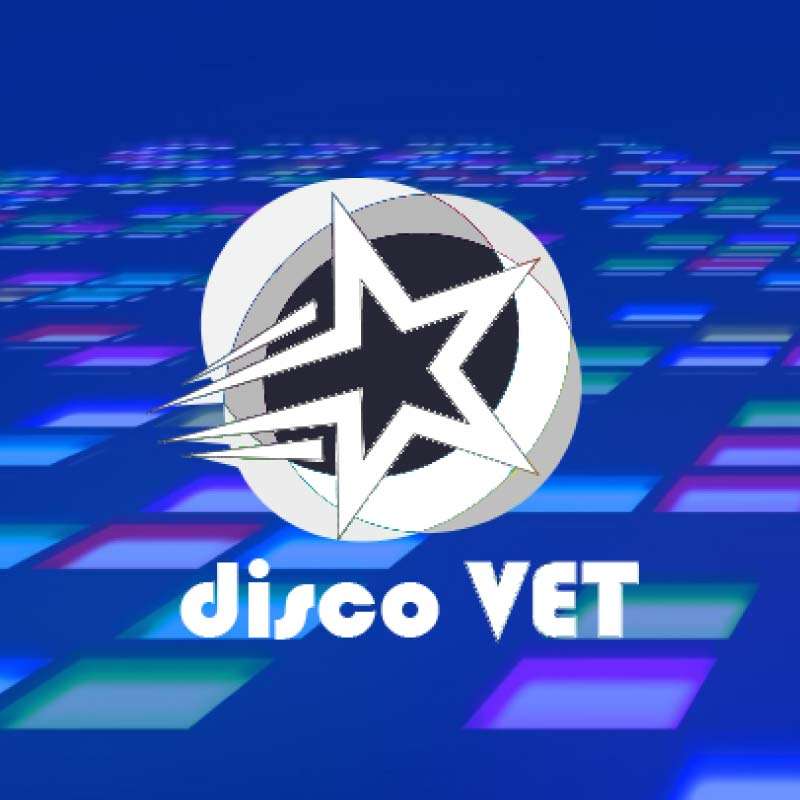The Interoperability sector has a transversal nature to the activities of the rest of sectors in KIC and is dedicated to the research, design, and development of interoperable digital education applications. As well as actively participate in digital initiatives and pilots testing the data portability, syntactic and semantic interoperability of educational systems.
Digital transformation holds huge benefits for enabling educational organisations to be more efficient, flexible, and agile in responding to the changes and challenges of providing new learning experiences. This involves the need to integrate heterogeneous data and services throughout organisations and requires a shared understanding of the data’s meaning and context. Thus, ensuring the interoperability of digital educational systems is of paramount importance to making digital education a reality. The Interoperability sector has a transversal nature to the activities of the rest of sectors in KIC and is dedicated to the research, design, and development of interoperable digital education applications. As well as actively participate in digital initiatives and pilots testing the data portability, syntactic and semantic interoperability of educational systems.
Interoperability is the ability of different systems, devices, applications, and products to exchange and commonly understand the information they exchange. There are 3 main aspects of interoperability addressed in the work carried out in the sector:
– Data portability: It protects users from having their data stored in “silos” or “walled gardens” that are incompatible with one another. It allows individuals to obtain and reuse their personal data for their own purposes across different services. Thus, they can move, copy or transfer personal data from one environment to another in a safe, secure way without losing it usability.
– Syntactic interoperability: It is the ability of two or more systems to use common data formats and communication protocols to enable data exchanges.
– Semantic interoperability: This goes beyond the syntactic one and is the ability of the systems to exchange data with unambiguous and shared meaning. This is a main requirement for enabling machine computable logic, inference knowledge discovery and data federation between information systems.




